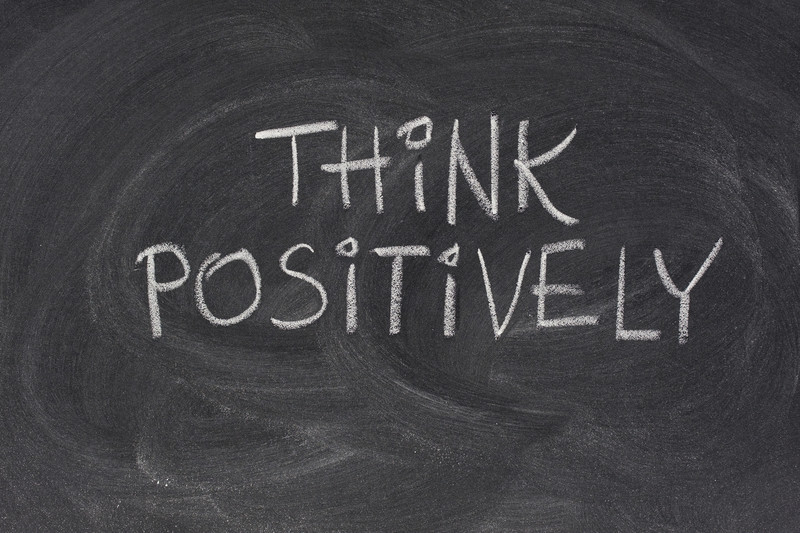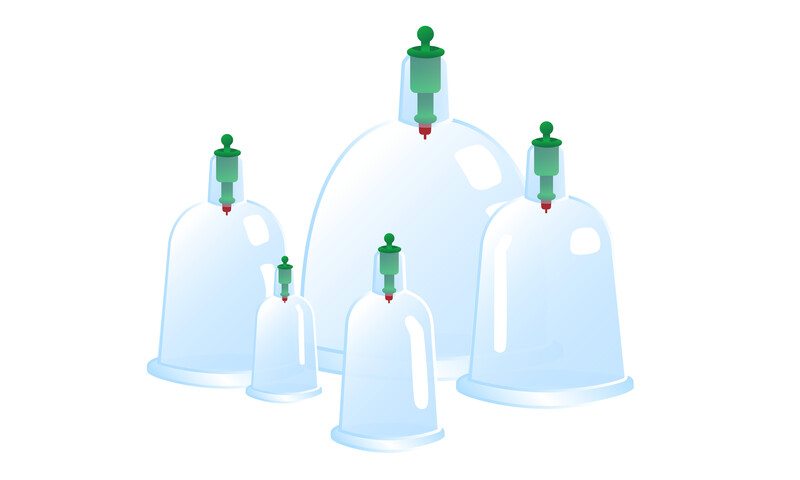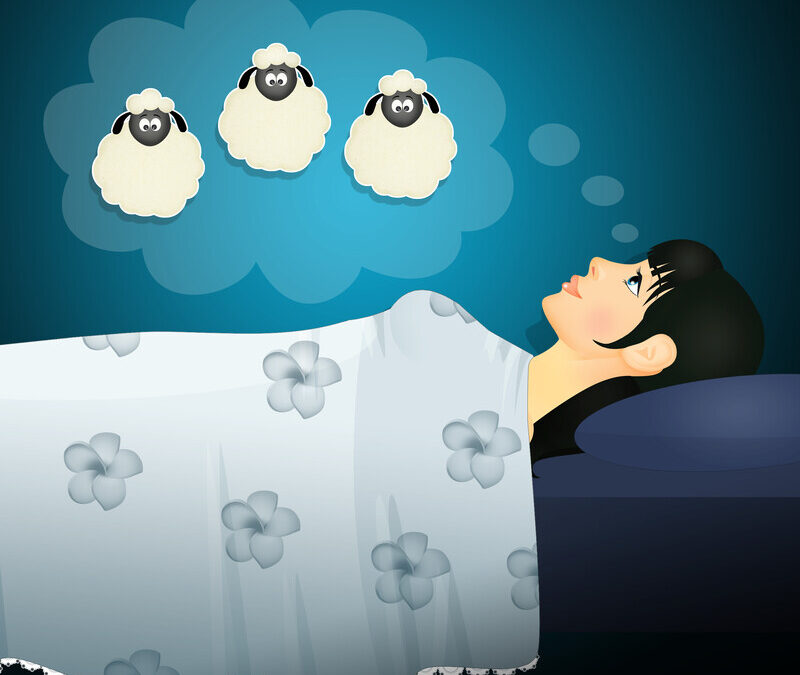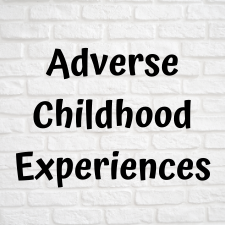
Most people with chronic pain know there are a variety of options when it comes to managing it. Whether they are working with a doctor to determine pain management options or they engage in activities on their own, they are trying various routes to helping to ease the pain. What they may not be aware of is just how much their expectations about the treatment come into play and in determining whether or not they get much out of the treatment.
In the October 2015 issue of the journal Pain, researchers tested to see if a person’s expectations about chronic pain treatment had an impact on the outcomes (1). For their investigation, they had over 2,200 patients participate, measuring their expectations regarding pain management and improvements in the areas of quality of life and functioning. They took these measurements prior to their first visit to the pain center.
Over the course of six months, the chronic pain patients received treatment at the pain center. They also monitored changes in pain intensity, pain interference, depressive symptoms, and satisfaction with their pain treatment, among other things. They reported that there was a significant positive relationship between expectations and most clinical outcomes. They also found that this was brought about by the global impression of change that each patient had. They even found this relationship in the subgroups that they studied, such as grouping the patients based on sex, age, or pain classification.
This study provides some important information for those who suffer from chronic pain. Whether or not you believe the treatment is going to help has a serious impact on whether or not it actually does. Those who may currently be managing their chronic pain may wish to try new options, going into them with the attitude that they will help their condition. By doing so, the research suggests that they will have a much greater chance of finding some relief with that treatment.
This is one more study that points to the fact that our attitude toward chronic pain and management of it plays an important part. We are increasingly learning the role that our minds play in helping us to better tolerate pain, as well as help us find relief. It’s generally a good idea to think positive in life, but if you have chronic pain, you may want to especially remain positive and hopeful when it comes to your pain management. This will give you an added benefit and help you get the most out of whatever route you take.
Sources:
- Pain.2015 Oct 5.







